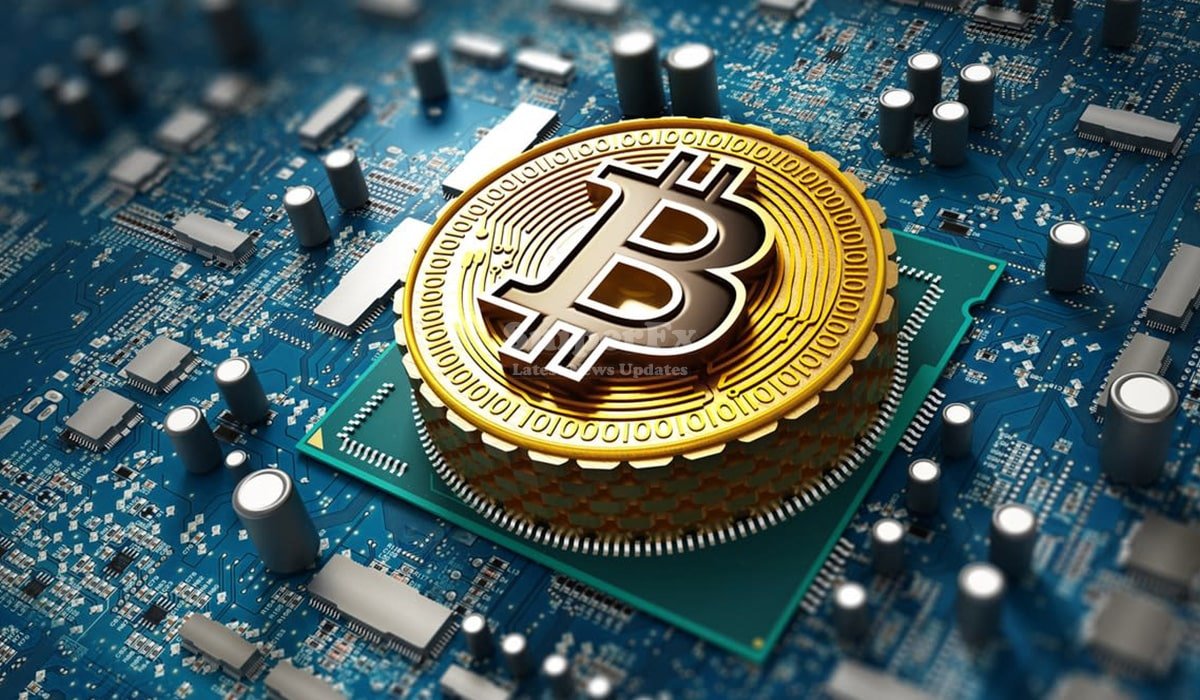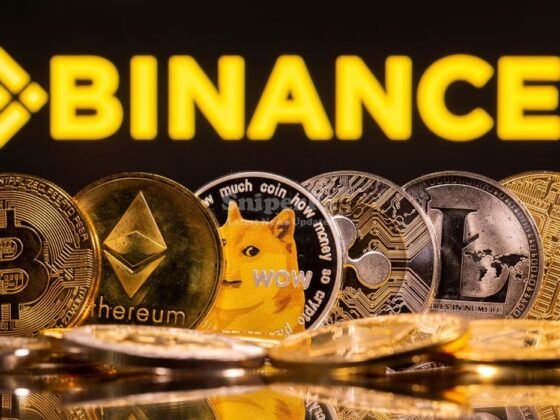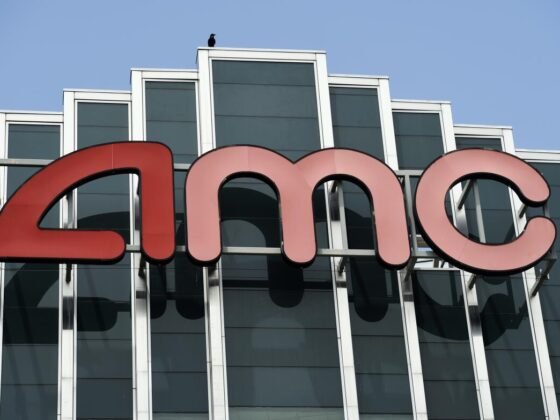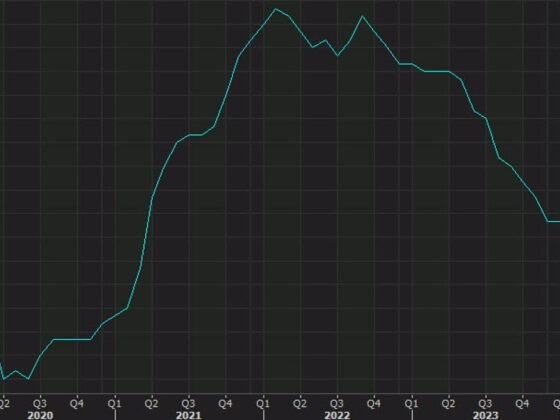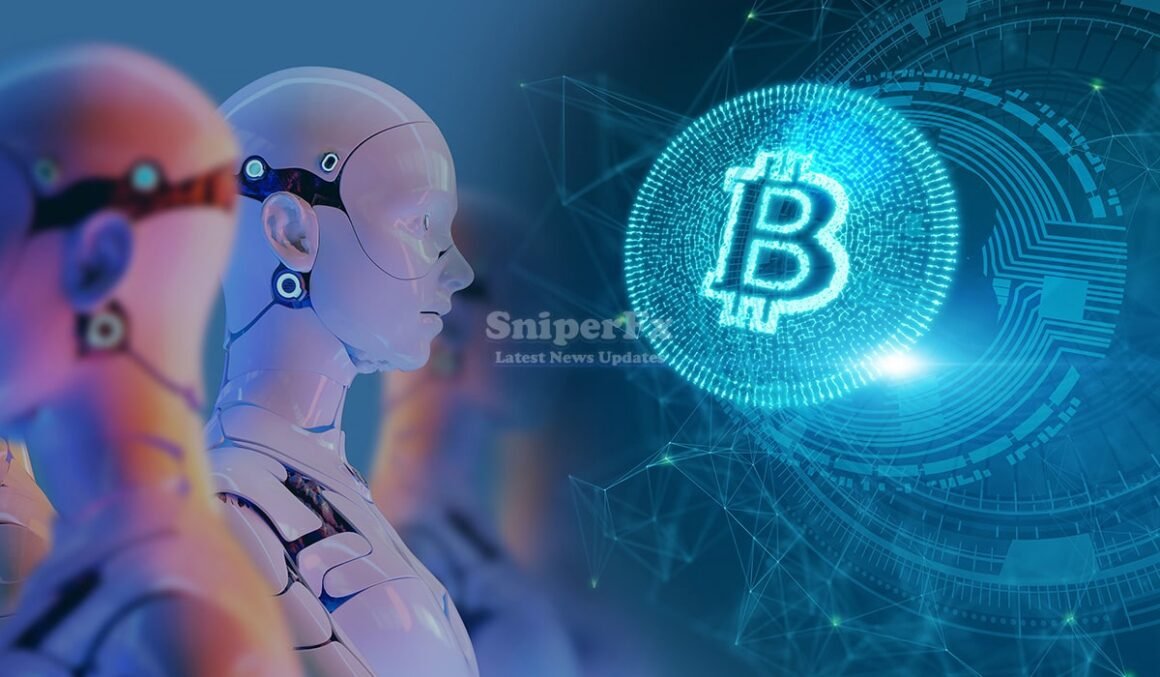
AI Chatbots Weigh In: Assessing Bitcoin’s Potential as a Global Reserve Currency
The question of whether Bitcoin (BTC) has the potential to become a global reserve currency has sparked both enthusiasm and skepticism. To provide an objective analysis, an experiment was conducted using popular AI chatbots. By asking six AI chatbots the same question, we aimed to gauge their assessments of Bitcoin’s likelihood as a reserve currency and when it could potentially happen. This article delves into the responses from these AI chatbots and explores their insights on Bitcoin’s future as a global reserve currency.
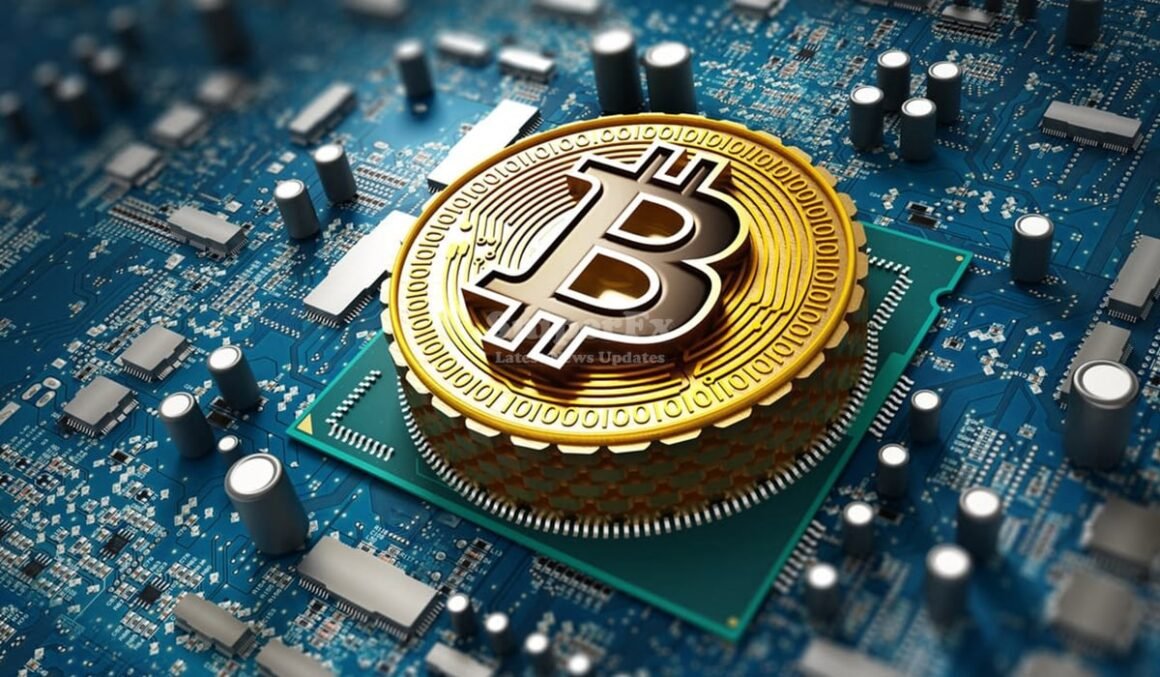
The Experiment and AI Chatbots:
- Bitcoin.com News conducted an experiment using popular AI chatbots, including Chatgpt 3.5 and 4, Bard, Claude Instant and 4, and Bing AI’s creative mode.
- The chatbots were presented with a prompt that asked for their assessment of Bitcoin’s potential as a reserve currency, the anticipated year of realization, and the reasons behind its success.
AI Chatbot Responses:
- Chatgpt 3.5 emphasized the challenges and uncertainties surrounding Bitcoin’s path to becoming a global reserve asset, highlighting the need to monitor developments in the cryptocurrency ecosystem.
- Bard recognized several factors that could contribute to Bitcoin’s success, including increased adoption, price stability, and technological improvements. However, it acknowledged the possibility of Bitcoin never achieving reserve currency status or taking longer to do so.
- Claude 4 assessed the probability of Bitcoin becoming a reserve currency as low to moderate, potentially within the next 10-15 years.
- Chatgpt 4 acknowledged Bitcoin’s potential but warned about significant challenges such as volatility, regulatory concerns, competition, and technological risks. It cautioned that the timeline for Bitcoin to become a global reserve currency remains uncertain.
- Bing AI highlighted various factors that would influence Bitcoin’s path to becoming a reserve currency, including adoption, innovation, regulation, and competition.
Analysis of AI Chatbot Responses:
- While the AI chatbots provided insights, it’s important to remember that they are programmed with information based on human-created data and opinions.
- The chatbots emphasized challenges and uncertainties that Bitcoin would need to overcome, such as regulatory concerns, technological risks, and competition from other cryptocurrencies.
- Bard specifically mentioned government regulation, security risks, and lack of trust as barriers to Bitcoin’s adoption as a reserve currency.
Personal Perspectives:
- Readers are encouraged to form their own opinions on Bitcoin’s potential as a global reserve currency, taking into account the insights from both AI chatbots and human experts.
- Factors such as increased institutional adoption, regulatory clarity, technological advancements, and global economic trends may play a significant role in shaping Bitcoin’s future.
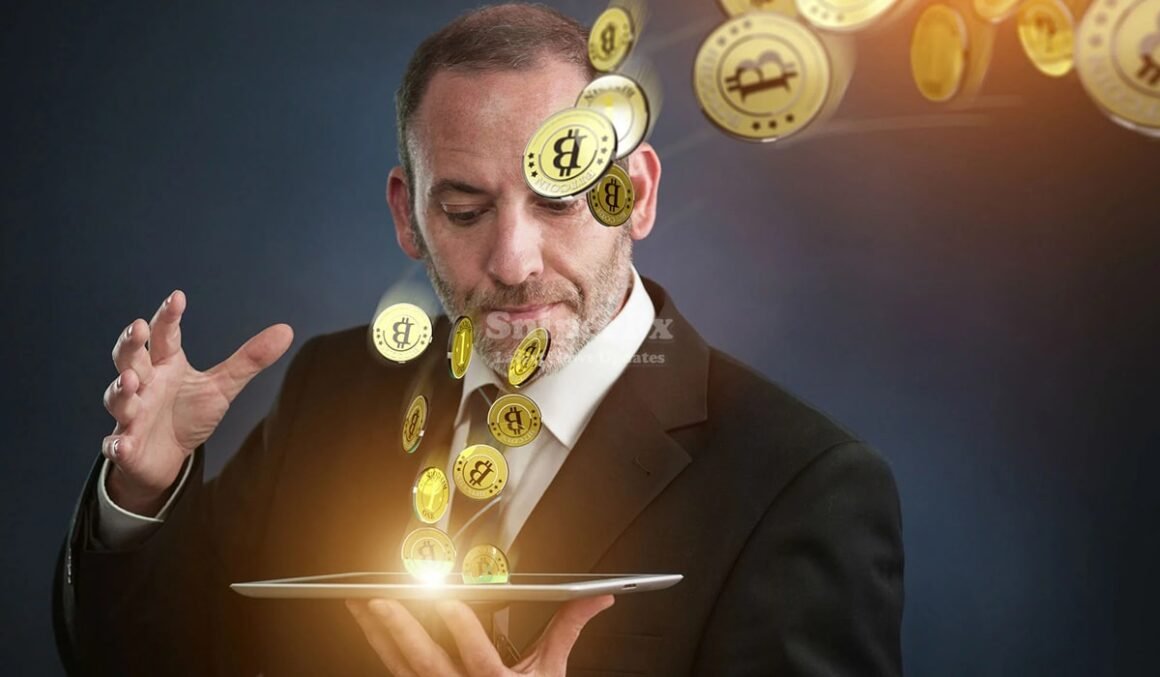
Conclusion:
The experiment involving AI chatbots provided a glimpse into their assessments of Bitcoin’s potential as a global reserve currency. While the chatbots highlighted challenges and uncertainties, they also recognized the possibility of Bitcoin achieving reserve currency status in the future. It is important to consider a range of perspectives, including those of human experts, to form a comprehensive understanding of Bitcoin’s prospects as a global reserve currency.

